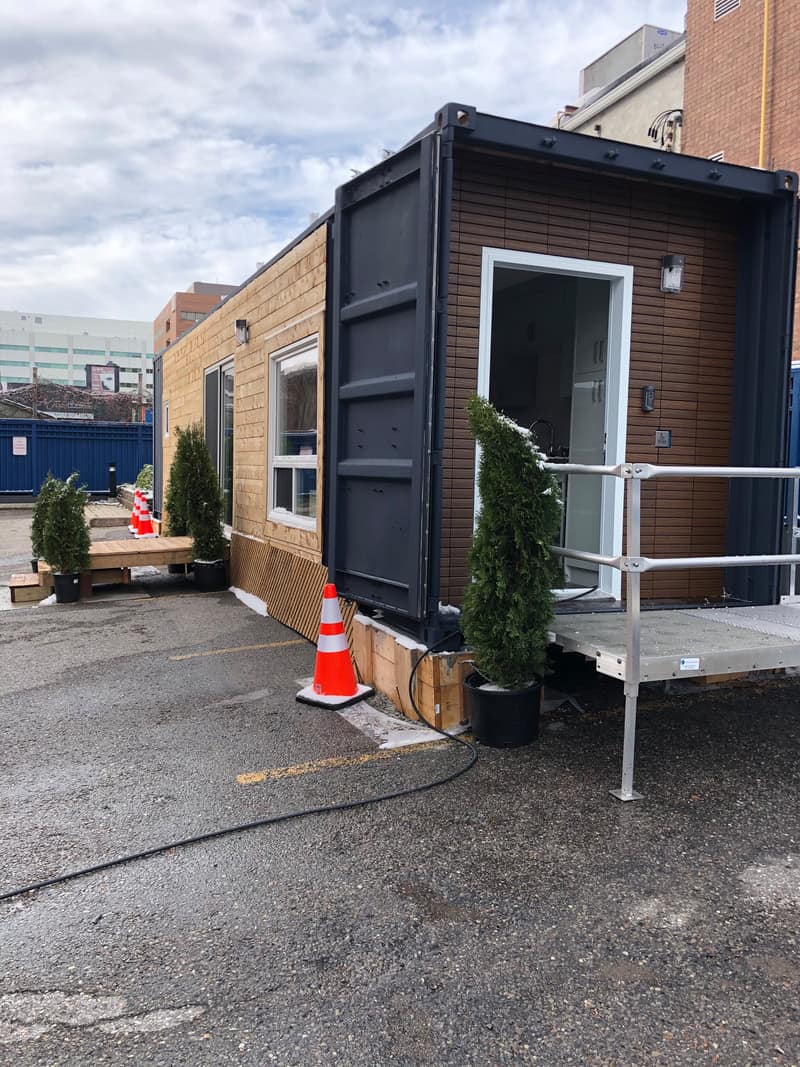Durham and Oshawa get $10.3 million to “end homelessness” in the Region
Published July 22, 2021 at 3:40 pm

Ottawa is investing more than $10 million on 41 affordable housing units in Durham that officials hope can lead to “ending homelessness” in the region.
Most of the units will be built in Oshawa.
The $10.3 million investment is part of $1.5 billion the federal government has promised, in addition to $1 billion awarded last fall, to fight homelessness and help vulnerable Canadians.
“Every Canadian deserves a safe and affordable place to call home,” said Ahmed Hussen, Minister of Families, Children and Social Development and Minister responsible for Canada Mortgage and Housing Corporation. “(This) will go a long way to support those who need it most.”
These housing units will support Durham residents who are in uncertain housing situations, experiencing or at risk of homelessness or living in temporary shelters because of the pandemic.
“Durham Region is a caring community where no one should get left behind or fall through the cracks,” said Durham Region Chair John Henry. “This is another major step towards achieving the Region’s goal of ending chronic homelessness by 2024.”
The funding is another plank in Canada’s National Housing Strategy, an ambitious, 10-year plan launched in 2017 that will invest over $72 billion to build and repair thousands of housing units and help households with affordability support.
“Everyone deserves a roof over their head and a safe place to call home,” said Adam Vaughan, Spadina-Fort York MP, and Hussen’s Parliamentary Secretary. “These new homes will make a difference in ending the cycle of homelessness.”
Ottawa awarded Oshawa and the Cornerstone Community Association $2.15 million to build 21 affordable apartments in 2019.
For this round of funding, applicants will be eligible to receive funding for additional forms of new construction beyond modular, if units can be built within 12 months.
All options – including taking old properties and converting them into affordable housing units, or building modular or micro-homes, will be on the table.
The project is expected to be completed by the end of 2022 and unsheltered individuals, who are currently on a waitlist, will be prioritized to move into the homes.
insauga's Editorial Standards and Policies advertising





